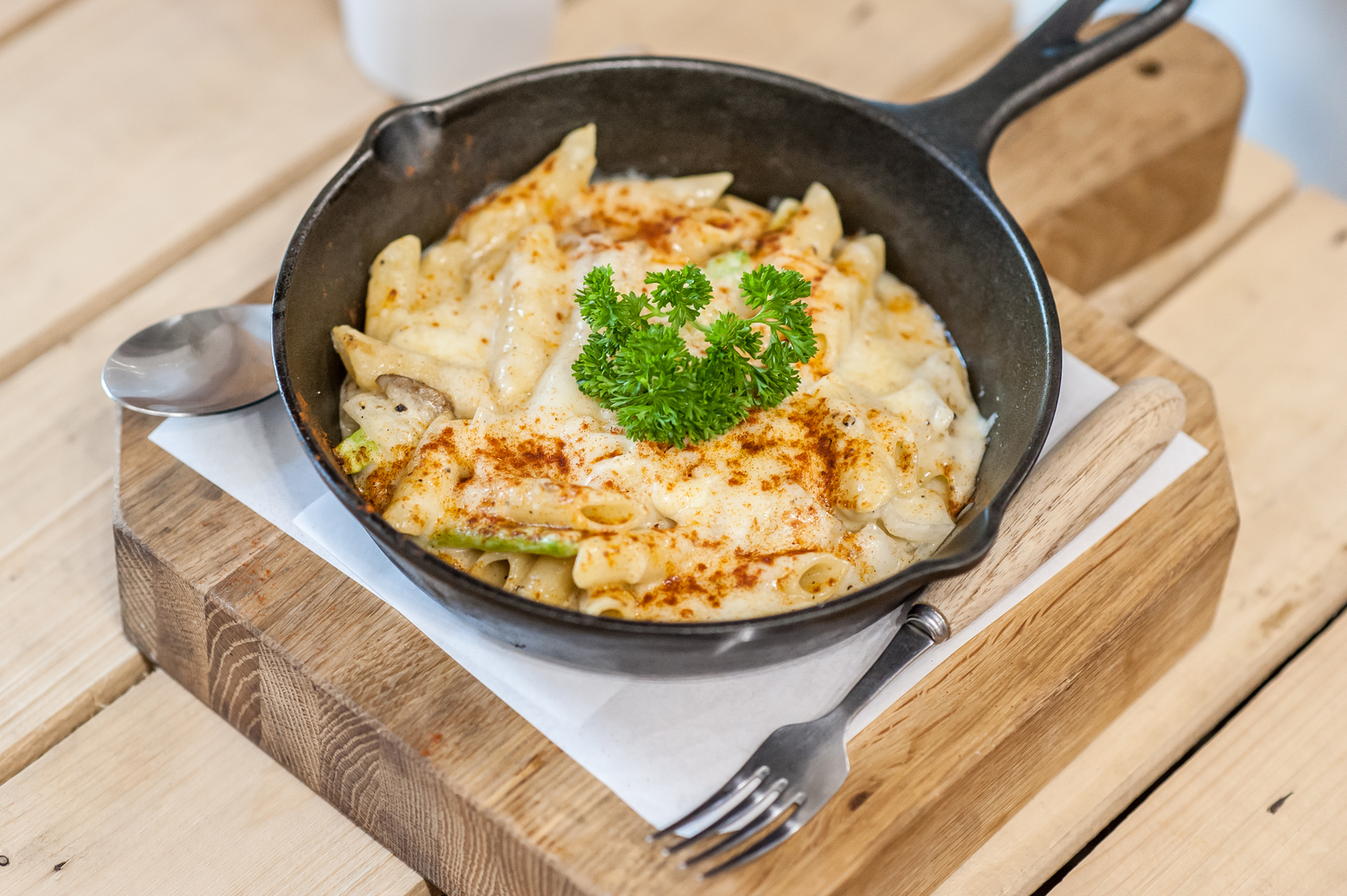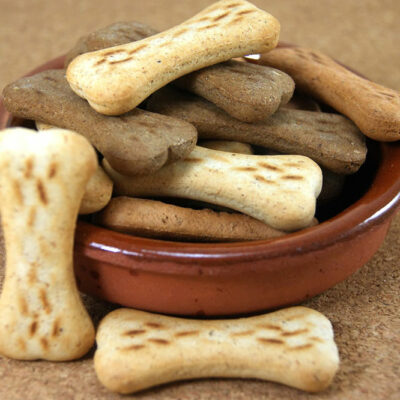
8 Foods That Can Trigger Breast Cancer
Treatments and Medications to Help
Breast cancer is a disease that affects millions of people worldwide. While treatments such as Tukysa, Enhertu, Faslodex, Ibrance, Keytruda, Tecentriq, and Verzenio can help manage the disease, there are certain foods that can contribute to its development. In this article, we will explore some of the foods that can trigger breast cancer:
1. Processed foods
Processed foods are high in unhealthy fats, sugar, and calories, which can increase the risk of breast cancer. These foods include canned goods, deli meats, frozen meals, and packaged snacks. It is best to limit your intake of these foods and opt for whole foods instead.
2. Alcohol
Consuming alcohol can increase the risk of breast cancer. Studies have shown that women who have three or more drinks per week have a 15% higher risk of developing breast cancer than those who don’t drink at all.
3. Red meat
Eating red meat, especially processed meats like bacon and sausage, can increase the risk of breast cancer. Instead, choose lean protein sources such as fish, poultry, and plant-based options like beans and lentils.
4. Sugar
Consuming high amounts of sugar can contribute to inflammation and increase the risk of breast cancer. Try to limit your intake of sugary drinks and desserts and opt for natural sweeteners like honey or maple syrup.
5. Dairy products
Some studies have shown a link between high intake of dairy products and an increased risk of breast cancer. It is best to choose low-fat dairy, like skim milk, or non-dairy options like almond, oat, cashew, coconut, and soy milks.
6. Fried foods
Fried foods are high in unhealthy fats and calories and can contribute to breast cancer development. Try baking or grilling your foods instead of frying them.
7. Trans fats
Trans fats are often found in baked goods, snack foods, and fried foods. These fats can contribute to inflammation and increase the risk of breast cancer. Check food labels and avoid foods with partially hydrogenated oils.
8. Soy
While soy products have been thought to increase the risk of breast cancer, recent research has shown that moderate soy intake may actually decrease the risk. However, studies are still pending on this evidence and many health practitioners advise women to avoid excess soy in their diets, particularly if they suffer from endometriosis, adenomyosis, or PCOS. It is best to speak with your doctor about soy intake and its potential effects on breast cancer.
While treatments and medications can help manage breast cancer, it is important to pay attention to the foods we eat as they can contribute to the development of the disease. By choosing whole foods, limiting alcohol intake, and avoiding processed and fried foods, we can help reduce our risk of breast cancer.


